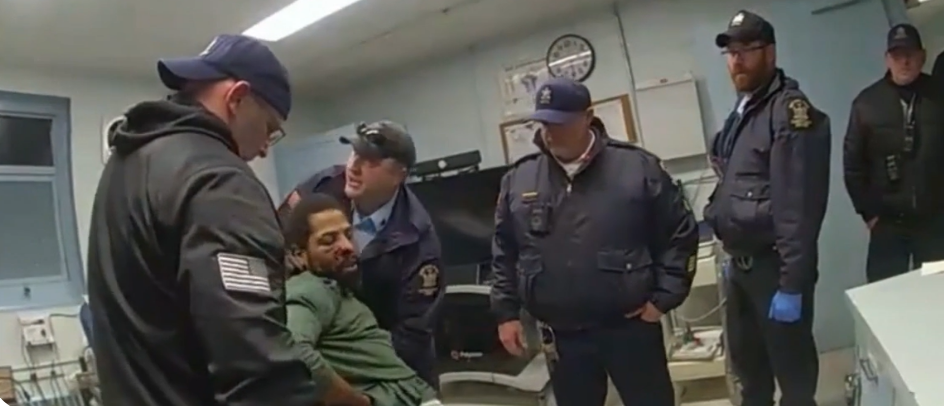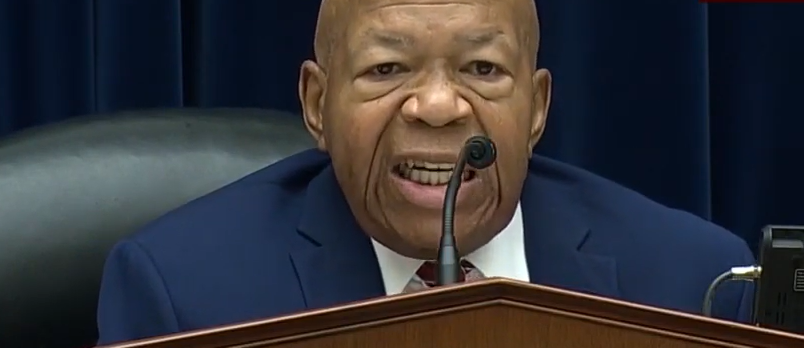Photos: BHW Law\YouTube\ICE
LOS ANGELES, CA – Last week, the Center for Immigration Policy, the Aoki Center for Critical Race and Nation Studies, and the Southern Poverty Law Center filed an amicus brief in the United States Court of Appeals for the Ninth Circuit in United States v. Carillo-Lopez, a case involving a racial justice issue of enormous significance.
Mr. Carrillo-Lopez, the defendant in the case, has argued that the criminal illegal reentry statute—the most prosecuted federal crime in the United States, and a key driver of mass incarceration for Mexicans in the United States—is unconstitutional because it was enacted to discriminate against Mexicans based on their race. A federal judge agreed with him, declaring the law unconstitutional due to its racist origins. The Biden Administration is now appealing that decision.
Mr. Carrillo-Lopez’s brief presents substantial historical evidence in support. Congress first enacted the illegal reentry statute in 1929 explicitly to keep the “Mexican race” out of the United States, it explains. Supporters called for the “protection of American racial stock from change through mongrelization.”

Congressmen openly discussed the need to keep immigration limited to “white Northern and Western Europeans” and lamented Mexican “hordes” coming in “droves.” Unless they were excluded using the law, they and argued, from a “moral standpoint,” Latinos were “poisoning the American citizen.”
Those statements were made nearly one hundred years ago, but the law continues to work as intended to this day. In many years, approximately 99% of those prosecuted under the law are Latinos, overwhelmingly Mexicans.
Our amicus brief therefore addresses a critical question: is the racism motivating the law’s original enactment still relevant nearly 100 years later? As the brief explains, the answer is “yes.” Under controlling Supreme Court authority, to purge racism from our laws, Congress must “consciously confront” their racist origins and deliberately choose to repeal, modify, or reenact laws in light of their discriminatory history and on-going effects.
“The approach we advocate is not only required by governing law, but also has the benefit of forcing legislators to understand the on-going effects of discriminatory laws and policies in the immigration realm,” said Ahilan Arulanantham, Faculty Co-Director of the Center for Immigration Law and Policy. “A legal rule that permits Congress to reflexively reenact laws that were motivated by racism would perpetuate, rather than correct, the white supremacy that motivated too many of our very oldest immigration laws.”
The amicus brief can be read in its entirety here.








